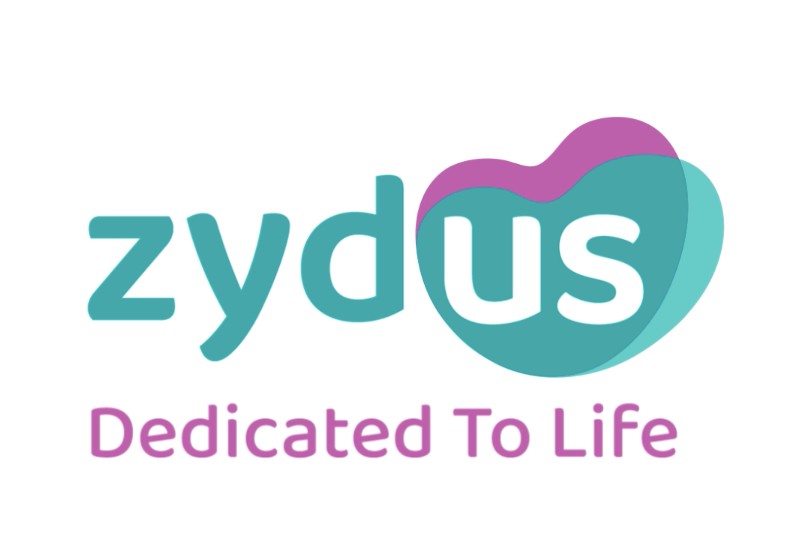Zydus Lifesciences has received an approval from the DCGI for Oxemia (Desidustat), a first-of-its-kind oral treatment for anaemia associated with chronic kidney disease
New Delhi, NFAPost: Zydus Lifesciences on Monday said it has received approval from the Drug Controller General of India (DCGI) for Oxemia (Desidustat), a first-of-its-kind oral treatment for anaemia associated with chronic kidney disease (CKD).
The drug firm, formerly known as Cadila Healthcare, said it has received approval for its new drug application (NDA) the product.
The clinical development programme of Desidustat was one of the largest trials of its kind in India for Anemia in CKD patients, conducted in over 1,200 subjects, it added.
“Our life changing discoveries are guided by the need to help patients lead a better life and empower them with therapies that enable them to live healthier and more fulfilled lives.
“There was a potential for an oral, safer alternative to currently available injectable erythropoietin-stimulating agents (ESAs),” Zydus Lifesciences Chairman Pankaj R Patel noted.
After more than a decade of research and development into the science of HIF-PH inhibitors, results have demonstrated that Oxemia (Desidustat) addresses this unmet need and additionally reduces hepcidin, inflammation and enables better iron mobilisation, he added.
“This advancement offers ease of convenience for the patient and will also reduce the disease burden by providing treatment at an affordable cost, thereby improving the quality of life for patients suffering from chronic kidney disease,” Patel stated.
CKD is a serious progressive medical condition characterised by a gradual loss of kidney function, usually accompanied by other co-morbidities, including anaemia, cardiovascular diseases (hypertension, heart failure and stroke) and diabetes mellitus, eventually leading to kidney failure.
As per industry estimates, 115.1 million people in India, 132 million in China, 38 million in the United States, 21 million in Japan and 41 million people in Western Europe are estimated to be living with CKD.





